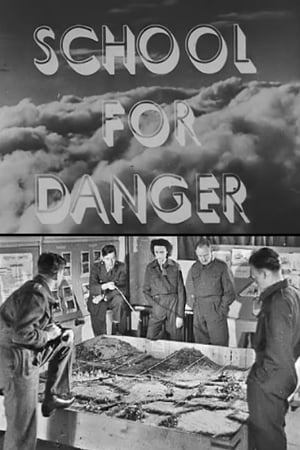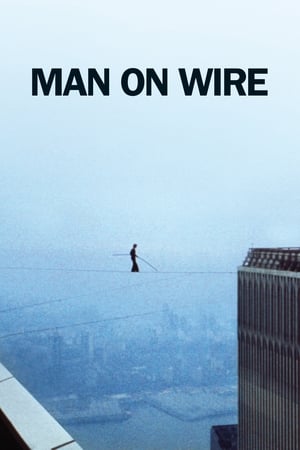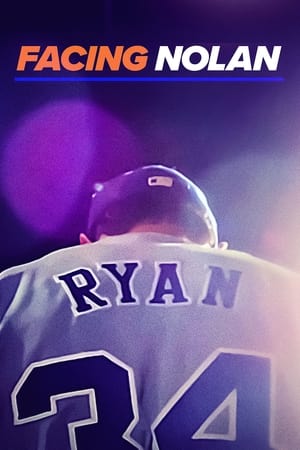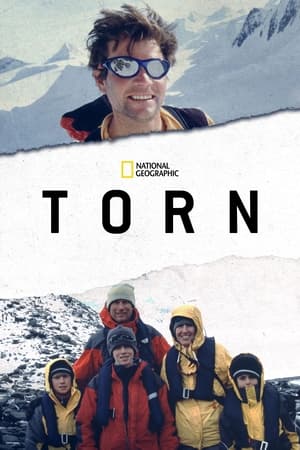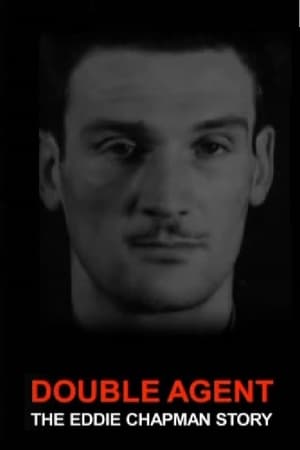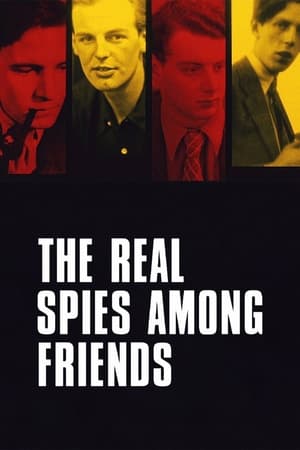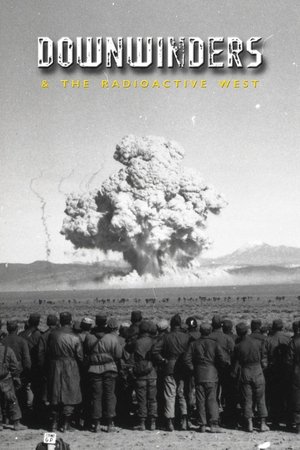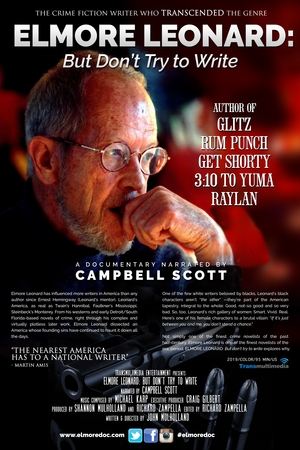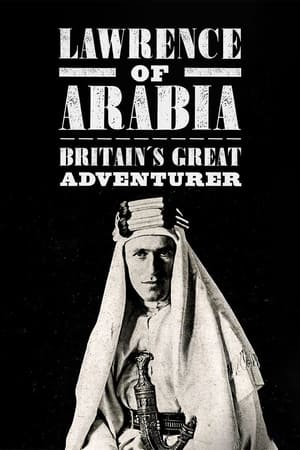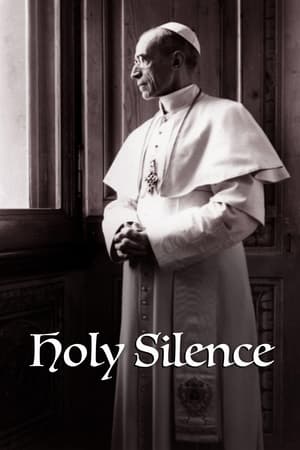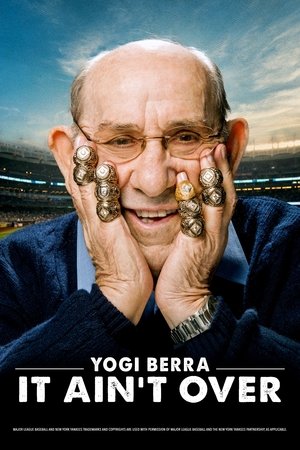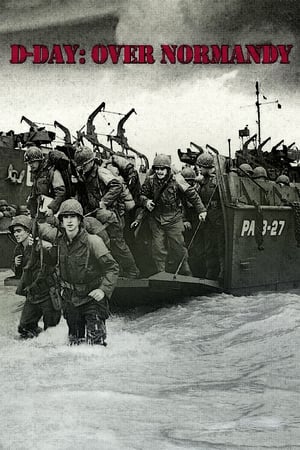Overview
Academy Award winner Errol Morris pulls back the curtain on the storied life and career of David Cornwell, the former spy known to the literary world as John le Carré.
Reviews
Did you know that "The Spy Who Came in from the Cold" by a certain David Cromwell (aka John Le Carré) sold between 12-15 million physical copies? That's before Richard Burton took on the mantle of "Lemeas" from that novel and long before Sir Alec Guinness took on the part of the forensic super-spy "George Smiley" in "Tinker Tailor Soldier Spy" and that gives us quite an indication as the phenomenal success of this writer who basically bares his soul here in a one-to-one with Errol Morris. Spurred on only sparingly by the director, we are left with what is an succinct and informative retrospective on the life of a man who might not have seemed obviously destined for literary greatness. We start with his childhood where he was largely brought up by his con-man father (after his mother got fed up of the crooks and the mistresses and fled when he was five) and follows his education through Oxford, his recruitment into and ultimately boredom of the the British Intelligence community before turning his hand to bringing all of this experience to life in over twenty published novels. This isn't a treatise on how to write a thriller. It's an enjoyably structured lesson on how a little bit of experience, an understanding of human nature and a vidid imagination can create works of fiction that enthral and captivate. He delivers this with candour, humour, a tiny bit of self-deprecation but most notably - truthfulness. You need to have your thinking cap on, too. He uses language eruditely and in a considered fashion that I could listen to all day. You won't learn much about how to write a spy story, but you will learn something of this fascinating and engaging human being. It's an Apple TV production so might get only a limited cinema release (though the BBC seem to have supplied quite a bit of archive, so perhaps they secured a tx as a quid pro quo?) and it's most definitely worth a watch if you are remotely interested in the genre, in writing - or in just listening to an interesting man.
Getting inside the head of a spy is undoubtedly challenging; getting inside the head of a novelist who was once a spy who now writes about that enigmatic profession is nearly impossible. And that’s one of the hurdles that hampers this profile of former MI5 and MI6 operative David Cornwell, better known to the world by his pen name, John le Carré (1931-2020). Based on the author’s memoir of the same name, the latest from documentarian Errol Morris puts the best-selling espionage novelist under the microscope, seeking to discover who le Carré is, what factors impacted his life and writings, and how his novels mirror those influences in terms of content and themes. Through discussions of books like “The Spy Who Came in from the Cold,” “Tinker, Tailor, Soldier, Spy,” “Smiley’s People,” “A Perfect Spy” and “The Looking Glass War,” backed by clips of film and television adaptations of these works, le Carré and Morris ruminate on the writer’s objectives in bringing them to life, some of them personal in nature and some of them expressions of his feelings about the murky underworld he left behind and brought to life on the printed page. Much of what the author consequently discusses comes across as dark, cryptic, and characterized by rampant intrigue and betrayal, not unlike the life he left behind (as well as the dismal upbringing he underwent at the knee of his untrustworthy father, a professional swindler adept at plying his craft). The insights, to say the least, are rather depressing and disquieting. But that unsettling material is further compounded by a string of often-perplexing observations about le Carré’s existential outlooks and literary intentions, some of which seemingly amount to little more than oh so much navel gazing and intellectual masturbation, overstated attempts at encapsulating his perspectives on human nature and human relations as reflected through his works. I can imagine that there’s probably a market for a film like this among Anglophiles captivated by the writer’s works, the spy novel genre in general and PBS/BBC television dramas, but it really didn’t do much for me, especially since this offering pales in comparison to many of Morris’s other better productions. Thankfully, the picture’s merciful 1:32:00 runtime proved to be its saving grace (even though the picture admittedly improves once it gets past an overly long, excessively detailed prologue). Ironically, le Carré notes in the film that he sees his novels as an antidote to the James Bond books and movies, but, from where I stand, I’ll take 007 over this any day.

 92 min
92 min
 6.603
6.603
 2023
2023
 United Kingdom
United Kingdom
 CinemaSerf wrote:
CinemaSerf wrote:
